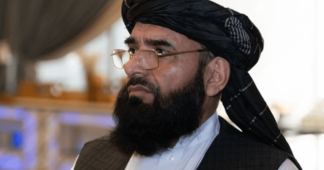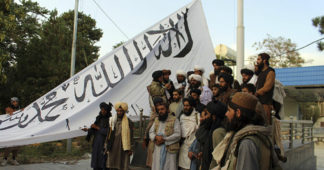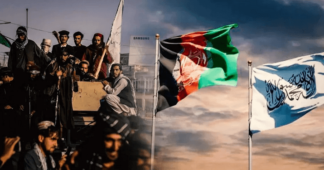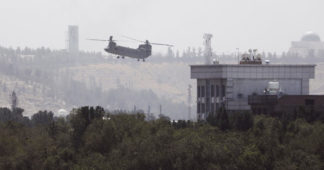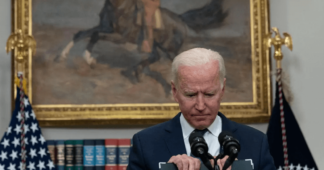The group’s hardline beliefs are unchanged, but coalition partners and regional powers may be moderating influences
By Antonio Giustozzi
Aug. 16, 2021
The Taliban agreed on Saturday not to enter Kabul city for now and to wait for the evacuation of western diplomats and troops, but the Afghan president Ashraf Ghani’s sudden departure on Sunday, without informing anyone, has led to the collapse of the remnants of police and army and created a vacuum that the group decided to fill immediately. The Taliban are now expected to officially take over in the coming days, with a kind of transfer of power being arranged by a delegation of political leaders from Kabul. Although the Taliban may well adopt the “emirate” label for Afghanistan again, it seems that their plan is to incorporate new features in their government.
The Taliban started discussions about an interim government with the Americans in 2018-19, indicating that their ambitions in terms of power-sharing could be quantified in about a third of all positions of power. The interim government plan did not take off; instead the Ghani administration in Kabul opted for military confrontation, hoping to demonstrate to the Taliban that the Islamic Republic had staying power.
The first round of fighting in October-November 2020 did not go well, however, and Joe Biden’s April decision to pull out dramatically reduced Kabul’s leverage. By late April, the Taliban were already indicating that they wanted a 50% share of power. Again, Ghani refused to bow to the idea of an interim government and decided to place his hopes in the Afghan security forces’ ability to contain the Taliban and force them to accept negotiating directly with the president.
Continue reading at www.theguardian.com
